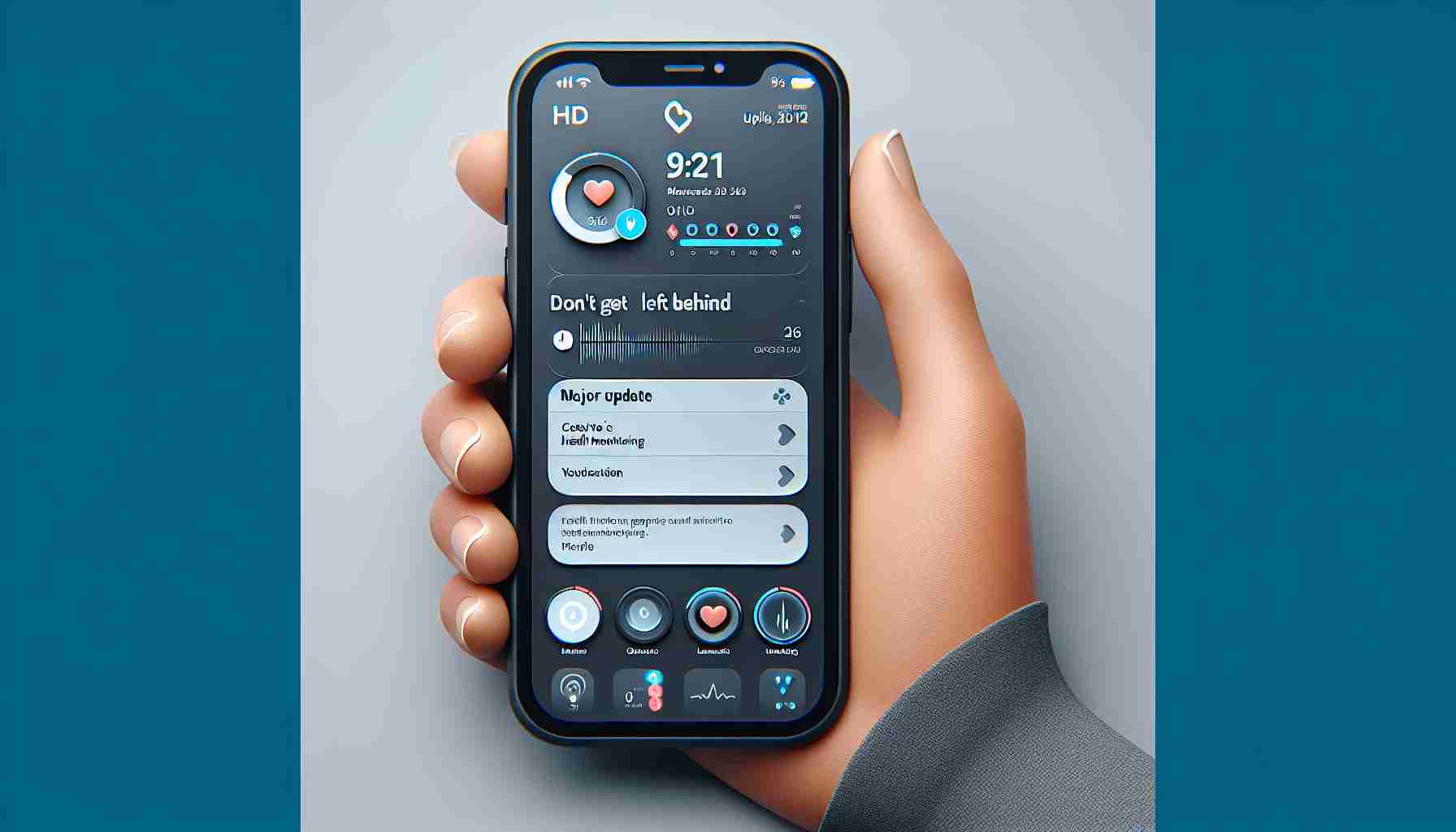Samsung Health Monitor Receives Major Update
Samsung’s premier health tracking application, Samsung Health Monitor, has recently experienced an update that is stirring quite a buzz. Known for collecting critical health data such as blood pressure and ECG, the app primarily syncs with Galaxy Watch devices. The latest version, 1.3.6.001, brings with it some minor fixes and enhancements alongside important news for users with older smartphones.
Compatibility Restrictions Announced
Starting with version 1.4.1, Samsung Health Monitor will no longer function on Android 11 or earlier systems. Users must upgrade to Android 12 or newer to enjoy full functionality. This marks a significant shift, as those using older Android devices will find themselves unable to conduct vital health measurements with the Galaxy Watch if their paired smartphones are outdated.
Samsung’s Position and User Recommendations
Samsung has officially communicated that from December 23, 2024, the Health Monitor app will cease to be supported on devices operating on Android 11 or older. They advise updating both the Galaxy Watch and smartphone to the most recent operating system to continue experiencing all features and services without interruption.
In summary, for users who wish to continue utilizing the latest offerings of Samsung Health Monitor, an upgrade to a newer smart device or operating system is essential. Otherwise, they will be limited to the old software version, missing out on future enhancements and capabilities.
How Samsung’s Health Monitor Update Impacts Your Well-being and Tech Choices
In today’s fast-evolving tech landscape, staying updated often means upgrading. Samsung’s recent announcement regarding its Health Monitor app poses critical questions about how technology intertwines with health and lifestyle. While the update brings several benefits, it also raises concerns and challenges that affect users worldwide.
Implications of Forced Upgrades
The decision to restrict the Samsung Health Monitor’s compatibility with Android 11 or older has several implications. On a positive note, this move encourages users to benefit from the latest security features and app enhancements available in newer Android versions. Modern operating systems typically offer improved user interfaces, faster processing times, and advanced security measures, which are essential for handling sensitive health data.
However, this requirement also poses a challenge for users with older devices. Not every individual or community can afford frequent tech upgrades. This new compatibility limitation could widen the digital divide, especially among low-income users or developing regions where older devices are more prevalent. Such changes raise ethical questions about accessibility and whether technology firms have a duty to support older models for longer periods.
Controversial Conversations and Ethical Questions
The update revives an ongoing debate within the tech industry about planned obsolescence—companies designing products with a limited lifespan to encourage continual purchasing. Critics argue that these practices increase environmental waste and consumer expense. Users must weigh the convenience of using the latest health technologies against the cost and potential waste generated by upgrading devices.
Furthermore, there’s a crucial discussion around data privacy. With advancements in health monitoring, ensuring data security is more pressing than ever. Are users protected adequately when they update, and how are their health data used?
The Health vs. Tech Dilemma
Individuals relying on Samsung’s app for health monitoring face the dilemma of balancing personal health needs with tech choices. On one hand, the proximity of real-time data through wearable technology can lead to more personalized healthcare, making early detection of anomalies possible. On the other hand, increased reliance on technology for health may lead some to question over-dependence on devices, potentially at the expense of traditional medical consultations.
Advantages and Disadvantages
Advantages:
– Enhanced Features: New updates generally mean improved features, better accuracy in health tracking, and added functionalities.
– Security Improvements: Upgrading to a newer OS improves the security framework, safeguarding users’ health data.
– Broader Health Insights: Access to comprehensive data could potentially revolutionize personal health management.
Disadvantages:
– Cost of Upgrades: Not everyone can afford new devices, which may alienate some user demographics.
– Environmental Concerns: Increased e-waste from frequent device upgrading can have detrimental environmental impacts.
– Potential Data Risk: Rapid advancements put pressure on maintaining robust data protection measures.
Is Upgrading Necessary for Everyone?
Not all users need the latest tech for simple tasks. For those relying on health tracking for critical data, an upgrade provides the latest in tech capabilities and security. However, for casual users, sticking with an older version might suffice, though they may miss out on improvements.
For more insights into tech and health advancements, check out the official Samsung domain for future updates and device features: Samsung.























